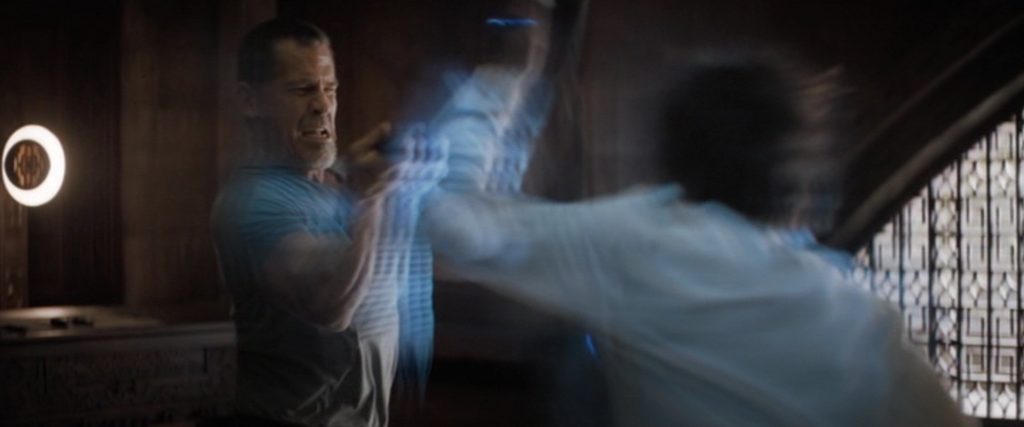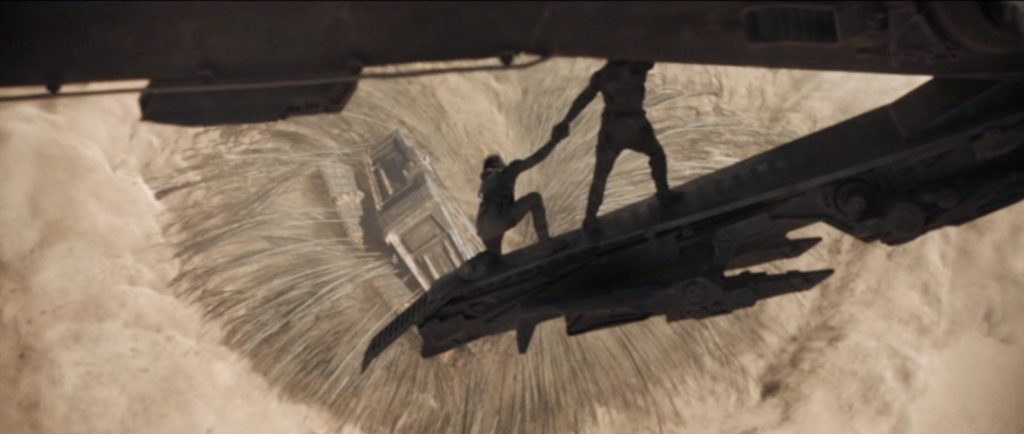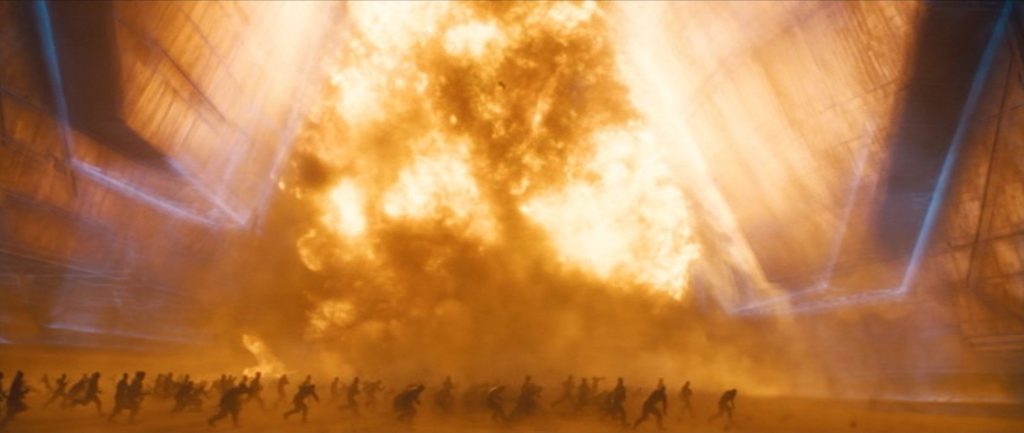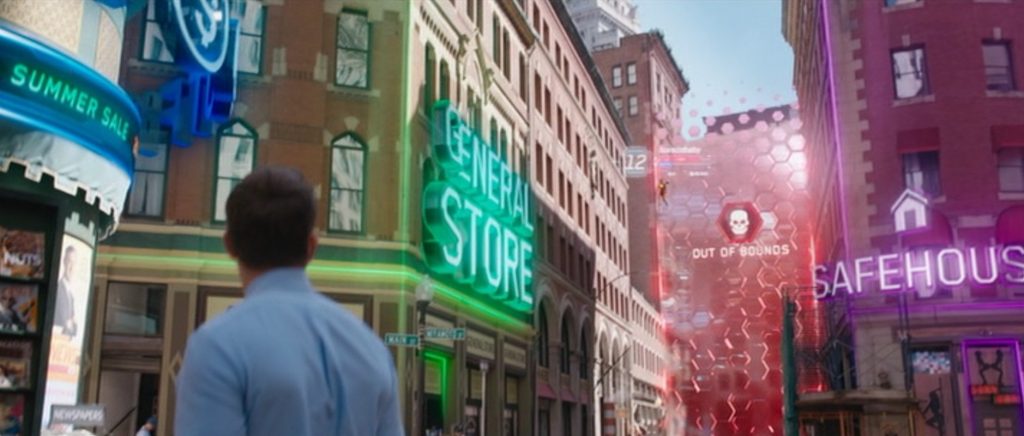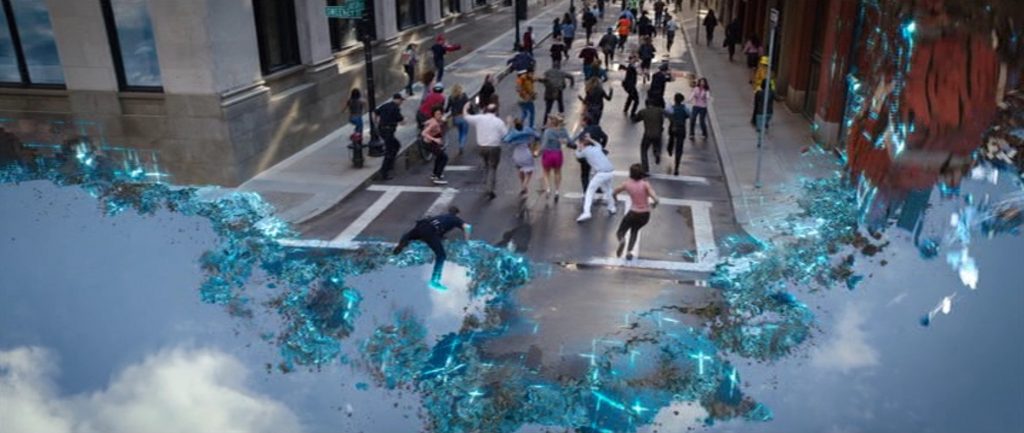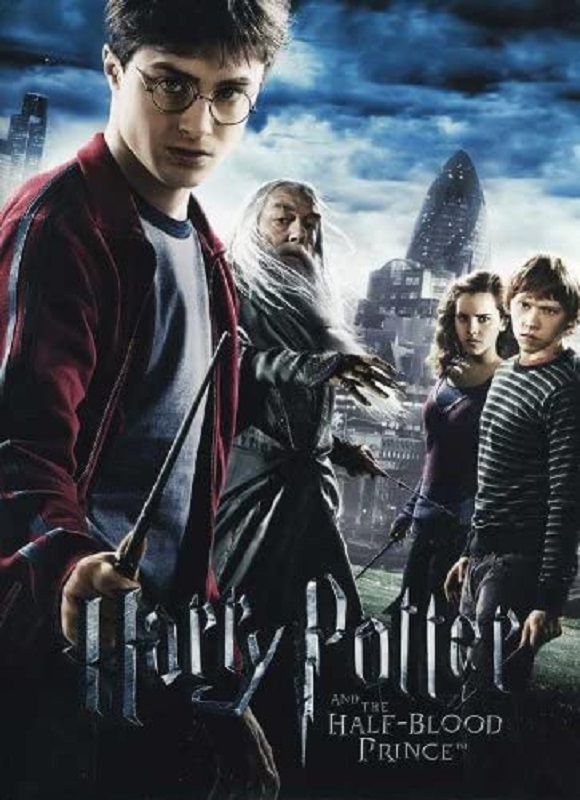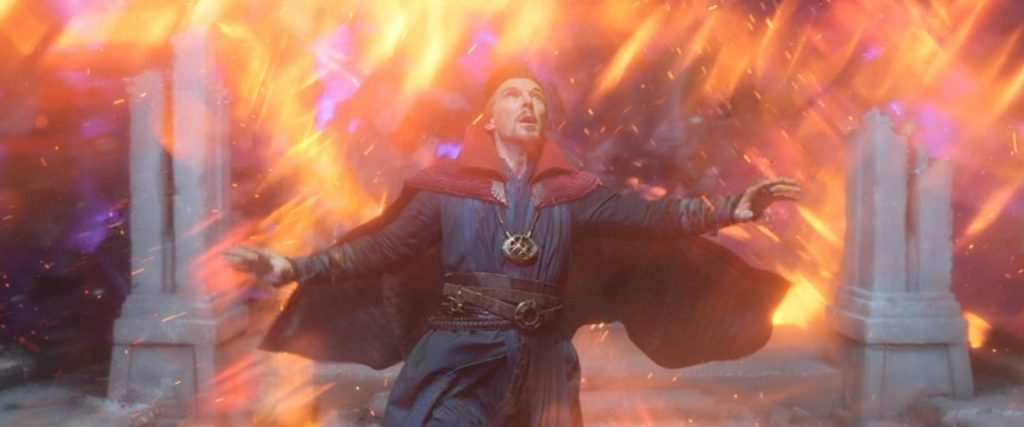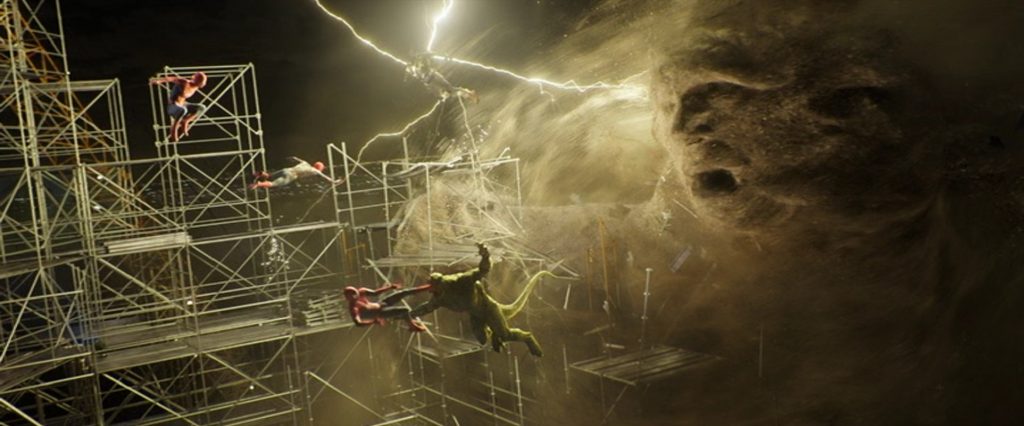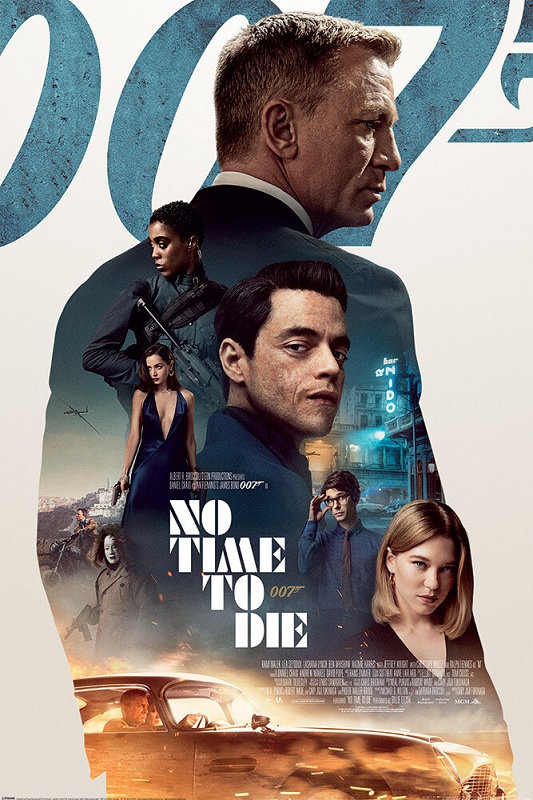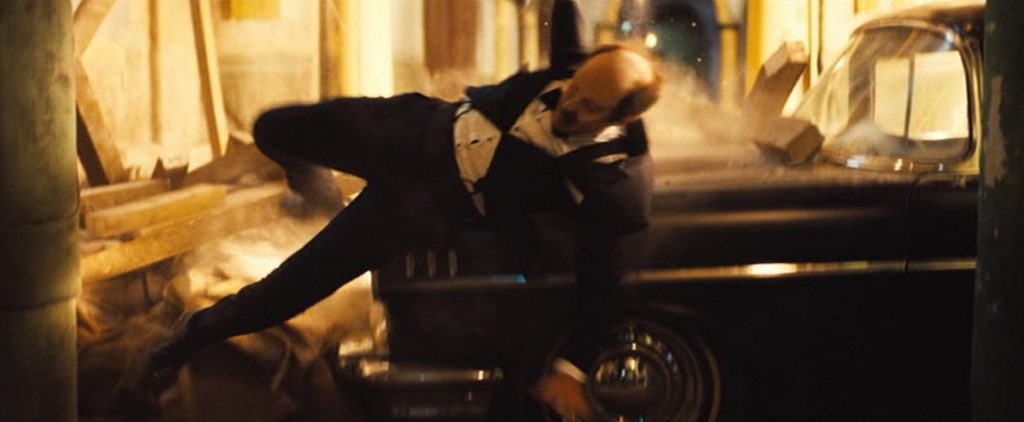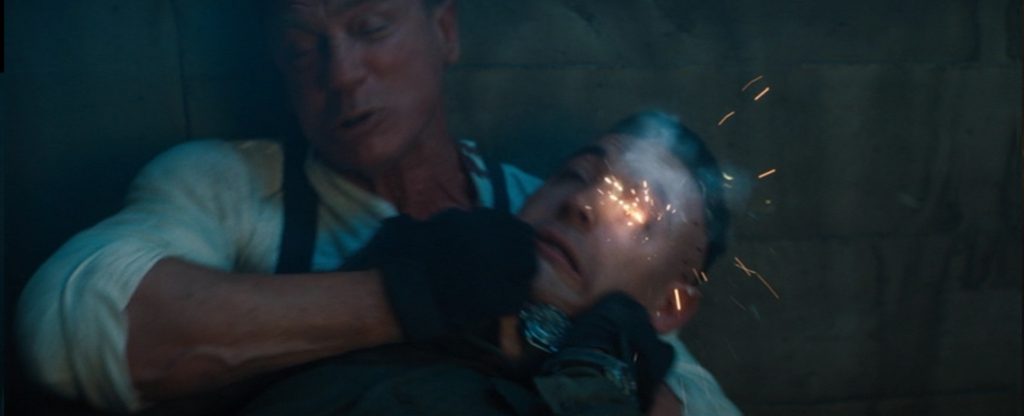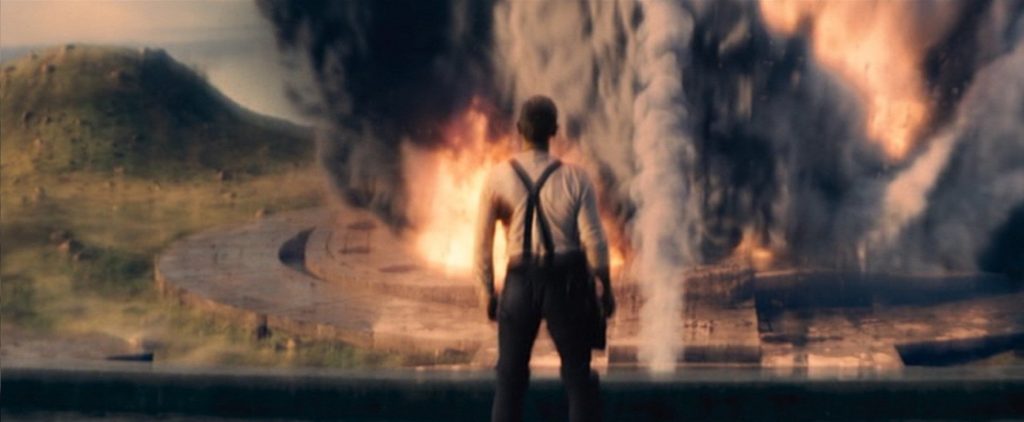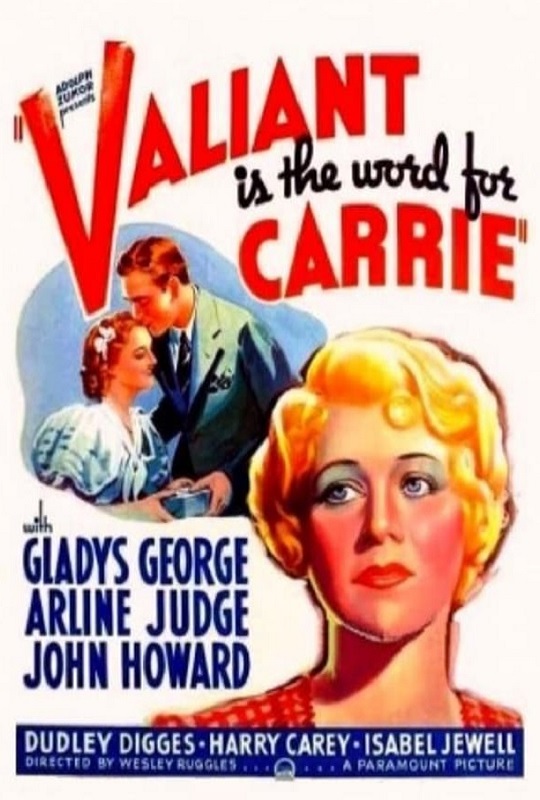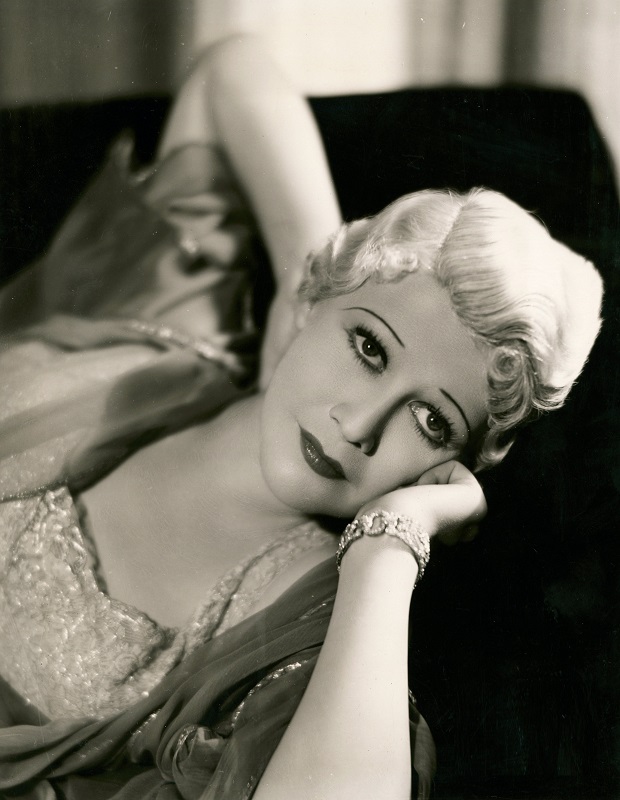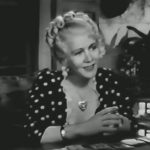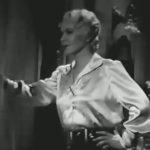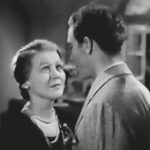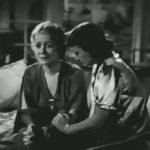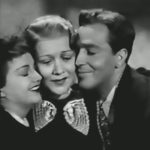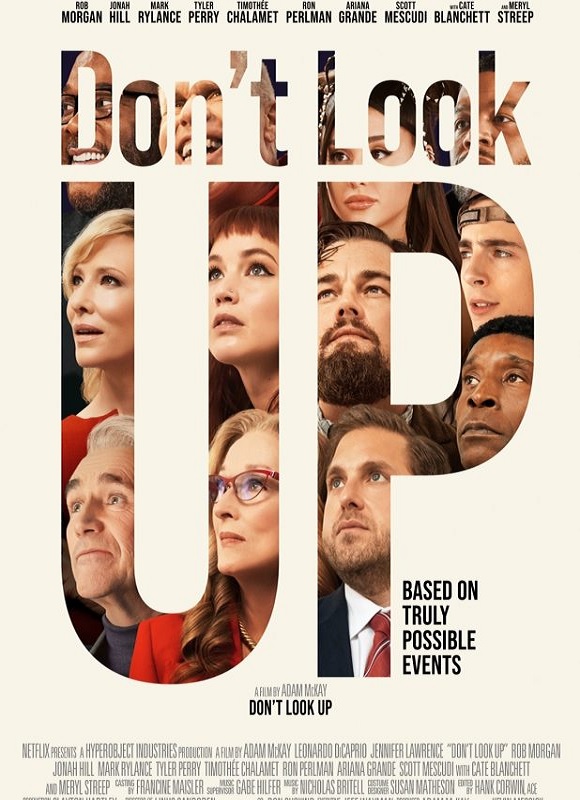

Don’t Look Up – 2021
Finally! Finally, there is a dark comedy that is done right, at least by my own definition of a dark comedy. You see, when a movie genre has the word comedy in it, I expect there to be some humor, something to laugh at. But most dark comedies are just satirical, ironic, or just plain dramatic. They have a habit of taking a very serious subject matter and simply show you how sad it is that reality really is that absurd or tragic. But not this movie. Yes, there was a bit of that in there, but there were also actual funny moments that made me laugh out loud.
This movie went over the top and out of its way to hold up a mirror to our current society and showed us how messed up certain things are by taking those serious things to an extreme that is beyond our reailty today, though not too far beyond…
The plot of the movie followed several serious scientists, played by Leonardo DiCaprio, Jennifer Lawrence, and Rob Morgan, who have discovered a comet that is on a collision course with Earth. It is so big that unless something is done, it will destroy all life on the planet as we know it. But as hard as they try to get the world to take their claims seriously, nobody believes them. They are ignored, ridiculed, and persecuted for telling people to be afraid for their lives.
And to make matters worse, when the world starts to listen, everyone is too wrapped up in their own petty lives and self-absorptions that it is too late to do anything except wait for the end. Even when a realistic effort is made to save the planet, the geniuses that the world turns to are ineffectual morons that fail to save anyone. And the biggest problem is that the President of the United States, played by Meryl Streep, and her Chief of Staff son, played by Jonah Hill, seem to be the biggest idiots of them all.
But the reason we can say that the scenario is over the top is that in reality, even in the event that an ineffectual leader ignores his advisors, there are enough serious minded and intelligent people in the world, that someone would have recognized the seriousness of the situation, and intelligent steps would have been taken to ensure our safety, or at least credible attempts would have been made to avoid the danger. In other words, we, as a species, are not as dumb as the people in the movie. But that is what made the movie both satirical and actually funny.
And this movie has two of my favorite actors in it. Streep and DiCaprio. It isn’t often that we see Streep in a comedic roll, or at least, that isn’t what she’s mostly known for. But boy, she sure knows how to pull it off. One of those laugh-out-loud moments is when the Earth is being destroyed, and Madam President is being taken to the space-ship that will transport the rich elite to another planet, and she is reminded that she accidentally left behind her idiot son. Streep’s “O shit!” reaction is priceless. DiCaprio’s part wasn’t exactly comedic, as he and Jennifer Lawrence did most of the dramatic work. But they still had some humorous lines, though it must have been difficult to be the voice of reason and funny at the same time.
And there were even more big names in the film that were just as impressive. Cate Blanchet, Tyler Perry, Timothee Chalamet, Mark Rylance, Ron Pearlman, Melanie Lynskey, and Ariana Grande. They all did great. And even though I’ve never been a fan of Grande, I have to admit, her voice was fantastic as she sang a hilarious song about how we should have listened to the scientists, and how we f#@%ed up. It was an unexpected musical moment that was another laugh-out-loud scene. The entire cast did a great job and it was great to see a lot of these serious dramatic actors in their silly comedic roles. I mean, who knew Jonah Hill could play a monumental imbecile with such believability, but he was great.
But the movie was so much more than just a satirical commentary on the ridiculously self-absorbed nature of our society and of celebrity in general. It also had some very serious and dramatic moments that took me by surprise. For example, when the comet first becomes visible with the naked eye, and the world begins to realize that everyone is going to die, things became real not only for the characters, but the viewing audience, as well. DiCaprio was awesome in this scene. And one of the best moments in the film was in the end, when the comet is making its final approach to the planet. DiCaprio’s non-religious family feels the need to pray, but doesn’t know how. But the random skater-boy that Lawrence has hooked up with, played by Chalamet, offers up an incredibly beautiful and profound prayer that I’d like to include here in its entirety. He says, “Dearest Father, and Almighty Creator, we ask for Your grace tonight despite our pride, and Your forgiveness despite our doubt. Most of all, Lord, we ask for Your love to sooth us through these dark times. May we face whatever is to come in Your divine will, with courage and open hearts of acceptance. Amen.” For such a silly movie, it was incredibly dramatic and stirring, and I have to admit to a few tears. And the dark and ominous score that served as the prayer’s backdrop was gorgeous, and perfectly placed. It was an absolutely beautiful, and yet horrific moment, and that‘s what I call good filmmaking.



















